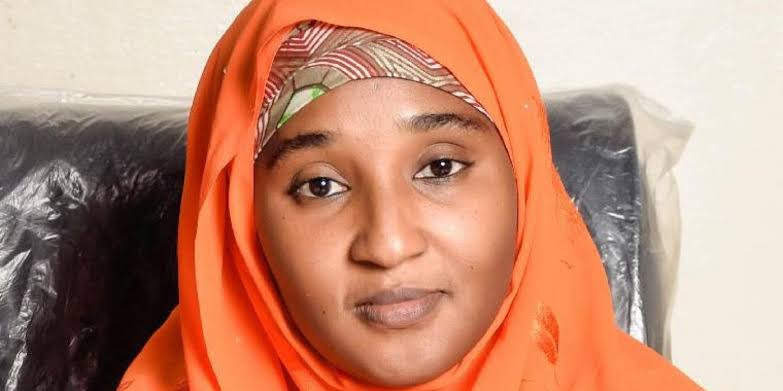Metro
Almajiri not out-of-school children, part of learning structure — Education Minister Saidu

Minister of State for Education, Suwaba Saidu, has clarified the difference between Almajiri children and out-of-school children, saying the two scenarios are not the same.
For those who do not know, “Almajirinci” is a system of Islamic education practised in northern Nigeria, where a group of children, mostly males, leave their homes to seek Islamic education in a Qur’anic school called a “Tsangaya”.
The Almajiri children live with and receive Islamic education from a teacher or spiritual guide called “Mallam” or “Alaramma” and are made to work or beg to fend for themselves and sometimes, the Mallams and their household.
But while many Nigerians have roundly condemned the Almajiri system of education and equating it with the out-of-school syndrome, the Minister who made the clarification during an interview on Arise TV on Tuesday, argued that the system is part of a learning structure that only needs to embrace foundational literacy and numeracy components, skills acquisition, and digital lessons.
Saidu stated that the Almajiri Commission already have a system of education and what it needs is the federal government incorporating their associated Islamic schools into Nigeria’s formal basic education framework.
“One of the key issues we’re trying to solve is out-of-school children. We have reforms that are targeted at re-enrolling these children,” Saidu said.
“Take for instance the Almajiri Commission. It has programmes. We have about 15 million out-of-school children but Almajiri children are not out-of-school; they are a part of an alternative learning structure that can be integrated into the nation’s formal education framework.
READ ALSO: PDP to obey court orders affirming Udeh-Okoye as national secretary
“There are different data sources and it all depends on the one you are looking at. The 15 million includes Almajiri, but we are all aware that the Almajiri have a system of education. They have their curriculum and teachers.
“We want to go back and redefine what we mean by out-of-school children because Almajiri is not part of that.
“To ensure that Almajri fits into the formal system, let’s go back and see how to provide them with foundational learning, basic numeracy, basic literacy, some aspects of digital training, and skills acquisition.
“We want to redefine what we mean by out-of-school children because the Almajiri already have a system of education with their teachers and curriculum.
“By incorporating key components like basic literacy, numeracy, and vocational skills, we can ensure they fit seamlessly into Nigeria’s formal system.
“This effort aligns with the federal government’s broader roadmap to reduce the country’s staggering out-of-school population,” she said.
According to the Minister, the plan includes creating accelerated learning centres and operational using open school schemes to reabsorb marginalised children into educational or vocational tracks.
Join the conversation
Support Ripples Nigeria, hold up solutions journalism
Balanced, fearless journalism driven by data comes at huge financial costs.
As a media platform, we hold leadership accountable and will not trade the right to press freedom and free speech for a piece of cake.
If you like what we do, and are ready to uphold solutions journalism, kindly donate to the Ripples Nigeria cause.
Your support would help to ensure that citizens and institutions continue to have free access to credible and reliable information for societal development.




























